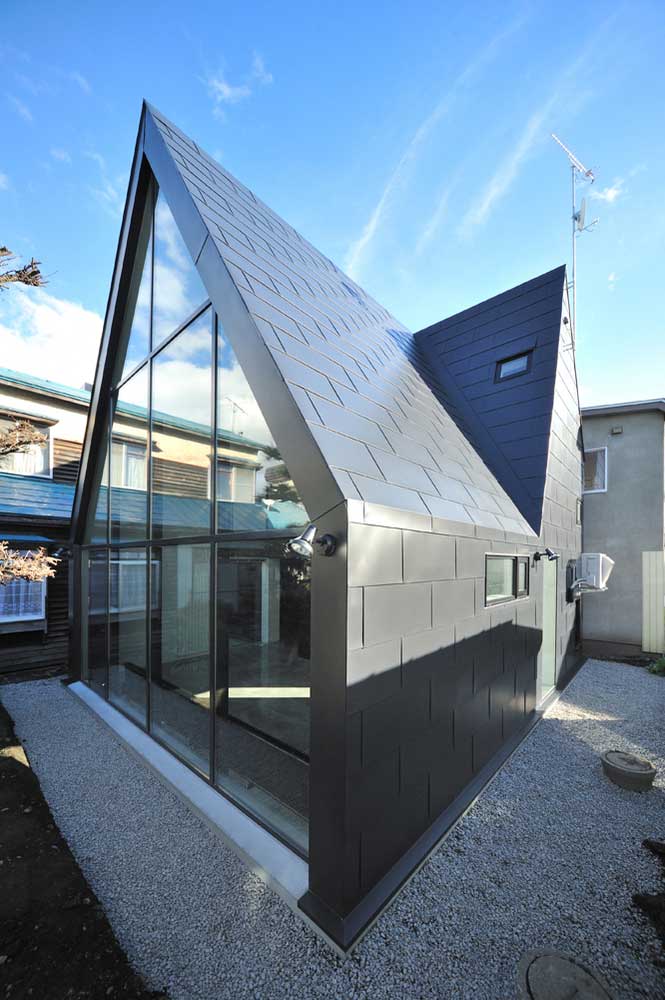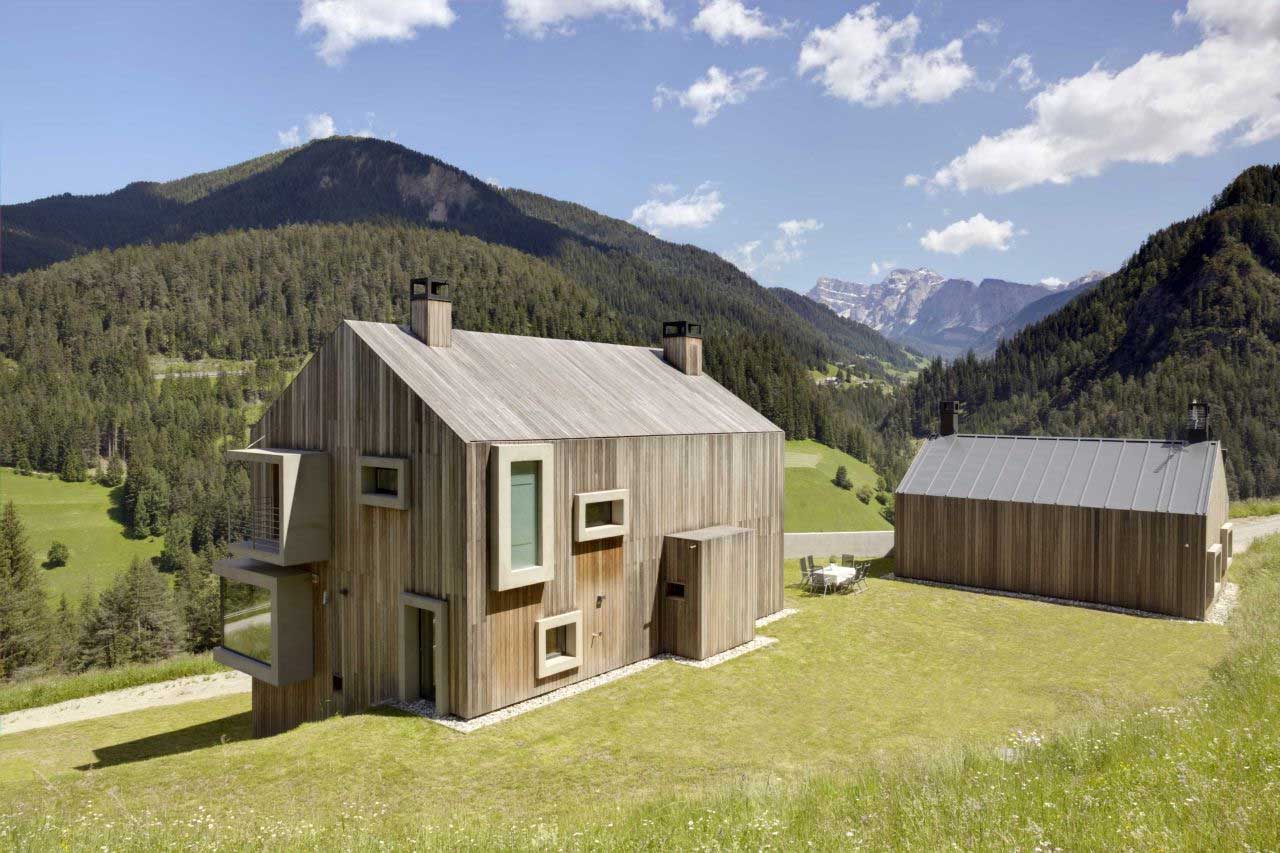Content
For homeowners and businesses, selecting the right HVAC (heating, ventilation, and air conditioning) system is an important choice that can either drain their savings or increase them.
As technology progresses and many options become accessible, it is necessary to know how to make the right choice for your property. By the end of 2024, the global HVAC market is expected to reach $249.37 billion, further stating the growing need for these systems.
In this article, we will discuss the main points that you need to consider when comparing different kinds of HVAC systems and provide suggestions on how you can find a good solution for your particular requirements.

Assessing Your Needs
First, you should understand your requirements for HVAC. This means looking into many factors that greatly impact what kind of HVAC system is best for your area, including the size and dimensions of the entire property, climate conditions under which the HVAC system will work, and ways to optimize energy usage and decrease utility expenses.
For instance, if you compare a furnace vs HVAC, you’ll notice that the climate you live in plays a significant role in your decision. A furnace is excellent for keeping you warm during the winter, but it won’t provide the cool relief you need in the summer. In contrast, an HVAC system offers both heating and cooling, making it a more versatile option for year-round comfort. However, when making your selection you also need to think about the upkeep of these systems. One of the things they have in common is frequently changing the air filters. This provides better air quality and improves the functioning of the furnace or HVAC.
If you study all these complex parts carefully, you can find the HVAC choices that match perfectly with your specific situation. This will guarantee a customized and improved solution, meeting exactly what you want for comfort and efficiency.
Energy Efficiency Ratings
Energy efficiency in an HVAC system is essential. It is crucial to look for systems that have high Energy Star ratings, as this indicates superior energy efficiency.
Make sure you compare the seasonal energy efficiency ratio (SEER) for air conditioners and the annual fuel utilization efficiency (AFUE) for furnaces to measure levels correctly. These measures are important hints that give an understanding of how well HVAC systems work.
When you compare and study these measures for different choices, it helps guide a smart selection that focuses on saving energy and reducing harm to the environment. This will guarantee an enduringly useful and cost-efficient HVAC solution for your requirements.
System Features and Technology
When you study HVAC systems, it is very important to look at the variety of features and technological improvements they have. Nowadays, many systems include things like smart thermostats for better control over temperature settings, zoning abilities that let you heat or cool specific areas, motors with variable speeds that use energy more efficiently, and air filters that are advanced and help improve the quality of indoor air.
Think about each feature, and how important is it for making your comfort and convenience better. Think about the future benefits and possible energy savings that these characteristics can bring, matching your choice with a comprehensive method that values not only instant comfort but also enduring and effective functioning.

Size and Capacity
The HVAC system’s size and capacity are vital to its performance and efficiency. If the system is too small, it may struggle to heat or cool your space properly, which results in inefficiencies. On the other hand, a system that is too big might frequently cycle on and off, leading to energy wastage along with problems maintaining consistent temperature control.
For managing this important part, it is better to get help from HVAC experts. They will study the needs of your property and suggest what size and power you should choose.
Cost Comparison and Long-Term Savings
When evaluating HVAC systems, it’s essential to conduct a comprehensive comparison of their initial costs, encompassing installation expenses, warranty coverage, and available rebates or incentives. However, don’t solely focus on upfront expenses, also factor in long-term savings and operating costs. While a more efficient system may command a higher initial investment, it can yield substantial savings on energy bills over its lifespan.
Moreover, consider the long-term maintenance and replacement costs associated with each option. HVAC has multiple parts to it, and changing one at a time will cost you more rather than changing the whole system all at once.
This all leads us to the return on investment (ROI) of each HVAC option, considering both immediate costs and potential long-term benefits. By prioritizing a cost-effective approach that balances upfront expenditure with future savings, you can make a well-informed decision that maximizes efficiency and minimizes overall expenses over time.
Bottom Line
Selecting an HVAC system needs deep thought on many elements, including the type of service you want, energy efficiency scores, characteristics of the system like size and ability to adjust its settings, and costs related to installation and running it over time, among others. By checking all these points carefully and talking with experts in the HVAC field, you will be able to compare choices well and then make a decision that satisfies your comfort needs while offering a good balance between energy preservation and money saving.





